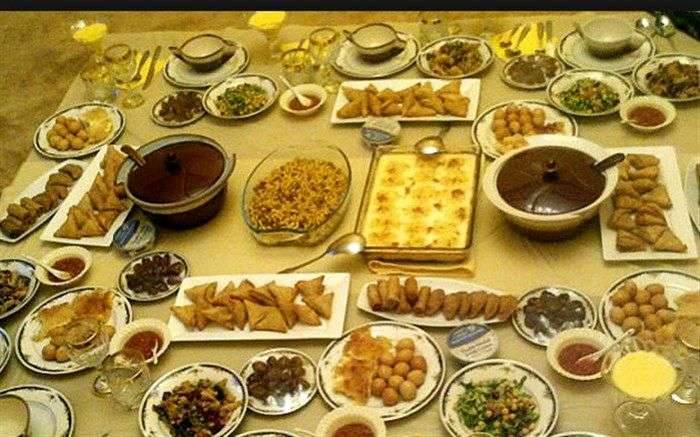
Ramadan holds deep spiritual significance for Muslims worldwide, marking a month of fasting, prayer, and self-discipline. As it shifts across different seasons over the years, the traditions surrounding food and daily routines also evolve. This year, Ramadan has arrived in March, bringing cooler temperatures and rainy weather, significantly influencing iftar and suhoor choices.
Last year, Ramadan fell in the hot summer months, leading to a preference for cooling drinks and light meals to prevent dehydration. Popular iftar staples included Rooh Afza, tamarind drinks, and plum sherbets.
Also Read: Mother and Son Shot Dead in Malakand
However, with this year’s chilly and rainy weather, food choices have taken a turn. Warm meals and hot beverages have now become a necessity, making Ramadan's culinary experience even more enjoyable.
Iftar—the joyous moment of breaking the fast—feels even more comforting in winter’s cozy atmosphere. Crispy pakoras, samosas, shami kebabs, and chapli kebabs become the highlight of the iftar table. Pairing these with steaming hot tea or warm drinks adds an extra layer of satisfaction.
Among these, pakoras hold a special place in winter Ramadan. Whether it's potato, spinach, or mixed vegetable pakoras, they are a staple in every household, offering warmth and flavor that perfectly complement the chilly evenings. Similarly, samosas filled with spicy meat, chicken, or potatoes not only taste delicious but also provide a fulfilling and hearty iftar option.
No Ramadan feast is complete without biryani, and in cold weather, its popularity soars. The aromatic spices and rich flavors of mutton, chicken, or vegetable biryani make it a perfect choice for iftar, offering both warmth and energy. Accompanied by raita or yogurt, biryani becomes an irresistible dish, elevating the iftar experience to another level.
In cold weather, a cup of tea at iftar becomes almost as essential as dates. After a long day of fasting, tea provides instant comfort and energy, making it the perfect companion to pakoras, samosas, or even sweet treats like jalebi. The warmth of tea refreshes the mind and body, making iftar even more satisfying.
Desserts play an essential role in winter Ramadan iftars, with jalebis, warm kheer, and other traditional sweets being highly favored. Their rich flavors and soothing warmth bring a sense of comfort and joy, making them the perfect final touch to a hearty iftar meal.
With the cold weather influencing food preferences and daily routines, Ramadan in winter feels cozier and more fulfilling. The combination of warm meals, hot drinks, and the spiritual essence of the holy month creates an experience that is both nourishing for the body and uplifting for the soul.
As families gather around steaming dishes and cups of tea, Ramadan’s essence remains unchanged—a time of gratitude, patience, and togetherness, whether in the heat of summer or the chill of winter.